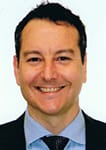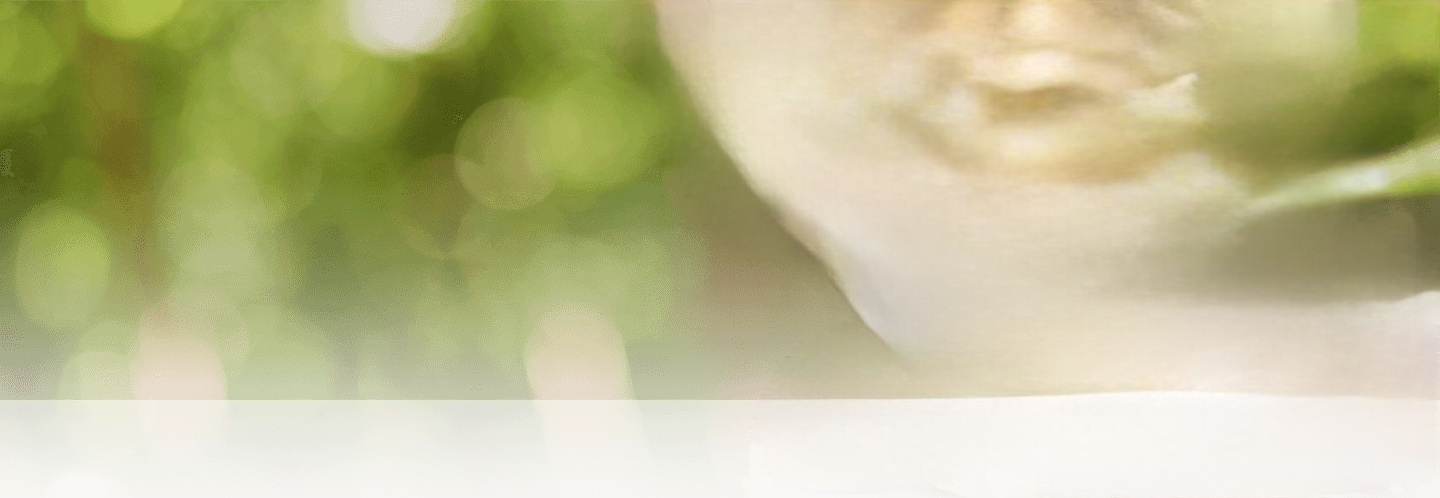The Dark Side of the Sun: Skin Cancer in Sydney
 The weather in Sydney is sunny, with a Mediterranean-like climate that basically lasts the whole year. The winters are mild and summer temperatures range from warm, to hot and humid. Rain is spread throughout the year, with the bulk of it falling between March and June. This idyllic weather makes Australia a popular tourist destination for those seeking an escape from the cold. Residents of Sydney and regional areas have little need to seek refuge from inclement outdoor conditions. They frolic and work in the sun throughout
The weather in Sydney is sunny, with a Mediterranean-like climate that basically lasts the whole year. The winters are mild and summer temperatures range from warm, to hot and humid. Rain is spread throughout the year, with the bulk of it falling between March and June. This idyllic weather makes Australia a popular tourist destination for those seeking an escape from the cold. Residents of Sydney and regional areas have little need to seek refuge from inclement outdoor conditions. They frolic and work in the sun throughout
the year.
Why are skin cancer rates so high in Sydney?
For those who have spent their whole lives enjoying the benefits of this warm and sunny climate, many end up paying a stiff price. There is often a flip side that comes with a privilege. Statistics show that two-thirds of all Australians will be diagnosed with skin cancer by the time they reach 70 years of age. It is the most frequently diagnosed form of cancer, more common than breast, colon, lung and prostate cancers combined. Eighty percent of all newly diagnosed cancers are either basal cell or squamous cell carcinoma,
or melanoma.
Each year over 434,000 patients receive treatment for one or more non-melanoma types of skin cancer. Non-melanoma is seen almost twice as much in men as it is in women. For women, melanoma is the third most common cancer and the fourth for men. Melanoma is on the top of the list for citizens between the ages of 15-44. A whopping 95 to 99 percent of skin cancers develop as the result of sun exposure.
Who is most at risk for developing skin cancer?
Australians with lighter complexions are more susceptible to skin cancer due to a low production of melanin. These pigment cells protect the skin from the sun’s harmful rays. But, individuals with dark skin are still at risk. Everyone should use sunscreen protection and limit their time in the sun.
What are the different types of skin cancer?
The incidence of skin cancer in Australia is the highest in the world. Typically, more than twice the rates in the U.S., the U.K., and Canada. Certain types of skin cancer are more aggressive than others. A variety of procedures may be required to attack the cancer full force. Dr. Damien Marucci and his experienced team, which includes dermatologists, oncologists, GPs, and others, treat these cancers every day in Sydney.
Basal cell carcinoma
: BCC has many sub-types and is the most frequently occurring skin cancer in Sydney. It is rare for BCC to spread to other areas of the body, it tends to grow in one location. This cancer can be addressed with creams or through laser therapy. Sometimes surgery is necessary. Radiotherapy is used to lessen the chance of the BCC recurrence.
Squamous cell carcinoma
: SCC is the second more common form of skin cancer in Sydney. This type usually requires surgical removal to decrease the risk of SCC spreading to the glands or anywhere else in the body.
Melanoma
: This is the most aggressive form of potentially deadly skin cancer in Sydney. Surgical excision, along with additional treatment procedures may be necessary to eradicate it fully. This cancer is known to travel to various parts of the body. Tests will be required to be sure cancer hasn’t travelled to any organs or other areas.
Skin cancer develops when tissue is damaged from too much exposure to the sun’s ultraviolet radiation. This is why it most often occurs in exposed areas of skin, like the face, ears, and shoulders. It can also form on your hands or beneath your fingernails. In most cases the cancer is small and can simply be removed and stitched up neatly.
Skin reconstruction surgery for skin cancer in Sydney
 In more severe cases, larger amounts of tissue may need to be reconstructed. Dr. Marucci is an expert in skin reconstruction surgery in Sydney. He has acquired extensive training and has established a reputation of quality and compassion. If you or someone you know is interested in reconstructive surgery after skin cancer in Sydney, contact Dr. Marucci either online, or at 02 9588 6374 to schedule a consultation.
In more severe cases, larger amounts of tissue may need to be reconstructed. Dr. Marucci is an expert in skin reconstruction surgery in Sydney. He has acquired extensive training and has established a reputation of quality and compassion. If you or someone you know is interested in reconstructive surgery after skin cancer in Sydney, contact Dr. Marucci either online, or at 02 9588 6374 to schedule a consultation.

